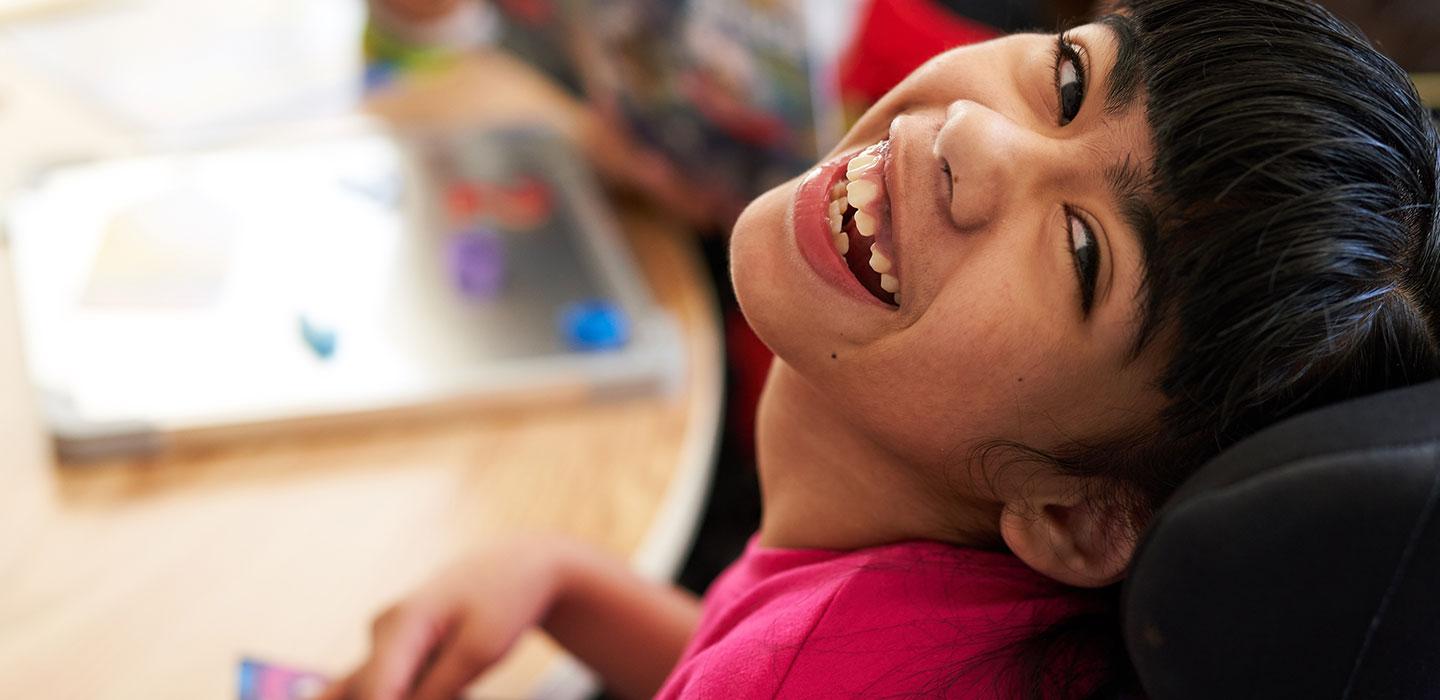Making the Grade
In an environment full of unfamiliar faces and noises, our on-site school programs provide a sense of normalcy for thousands of young people each year.

In an environment full of unfamiliar faces and noises, our on-site school programs provide a sense of normalcy for thousands of young people each year.
